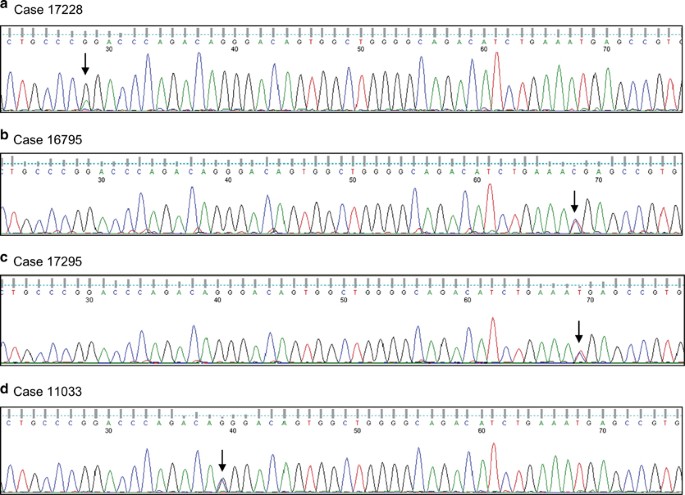
- Select a language for the TTS:
- UK English Female
- UK English Male
- US English Female
- US English Male
- Australian Female
- Australian Male
- Language selected: (auto detect) - EN
Play all audios:
President Bush’s advisors this week formally notified the American Bar Assn. that they will no longer ask the professional group to screen potential judges on the basis of competence,
integrity and suitability. That this strategy is inimical to the nation’s fundamental interest in an independent judiciary is obvious. That conservatives pursue this ideological course at
the peril of their own cause is equally certain. Since the 1950s, the American Bar Assn. has vetted federal judicial nominees proposed by senators and presidents. Before that, presidents
relied almost entirely on the word of U.S. senators in naming judges, and as a result the bench was staffed largely with friends and political cronies. The bar’s review, often involving more
than 60 interviews, was a safeguard for the nation, screening out incompetent or unethical nominees and helping to maintain the much-prized integrity and independence of our federal courts.
The process also provided political protection for presidents and senators against naming candidates who might be exposed as unqualified. In the face of a damning review from the ABA, many
a potential judge quietly retreated before his or her nomination saw the light of day, saving both the president and the candidate embarrassment. Absent the group’s independent review, look
for very public and possibly humiliating questioning of nominees by Senate Democrats. Yet, for the conservatives now hovering around Bush, the stodgy ABA is just another interest group
pursuing a liberal agenda and the move to exclude the group is revenge for the defeat of Robert H. Bork’s 1987 nomination to the U.S. Supreme Court. Although the ABA rated Bork as “well
qualified,” five of the panel’s members dissented. Bork’s nomination flamed out because senators had serious--and legitimate--questions about his politics and temperament. Never mind that
during the administrations of Ronald Reagan and Bush’s father ABA evaluations helped confirm many ideologically conservative but qualified judges, including several still sitting on local
district and circuit courts. Instead of the ABA, Bush intends to rely on the Federalist Society, a hard-edged conservative legal and professional group, in vetting prospective judges. That
move elevates ideology over competence, tainting otherwise qualified nominees and opening the door to cronies and incompetents with life tenure on the bench. Currently there are 94 vacancies
on the federal courts. The president has the right to name judges who reflect his views, but he also owes the nation judges of proven competence, ethics and integrity. MORE TO READ






